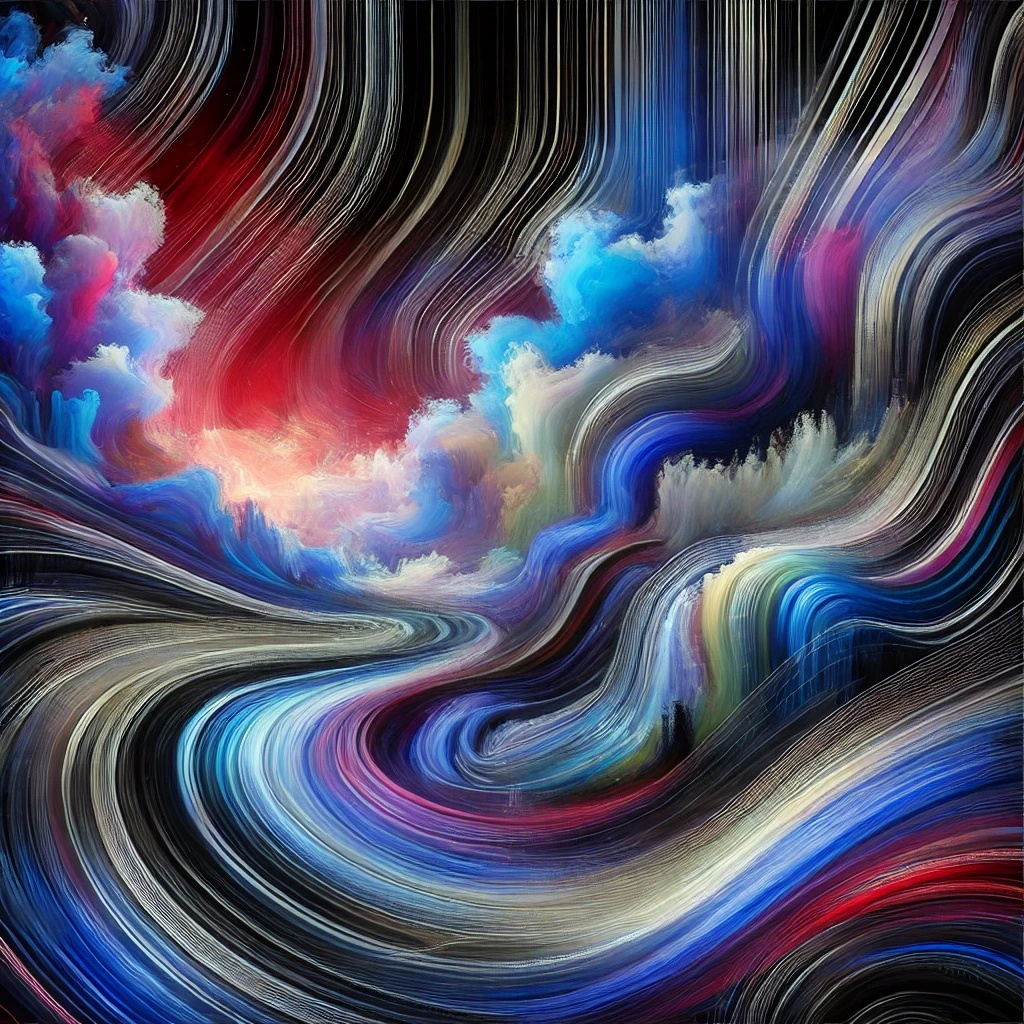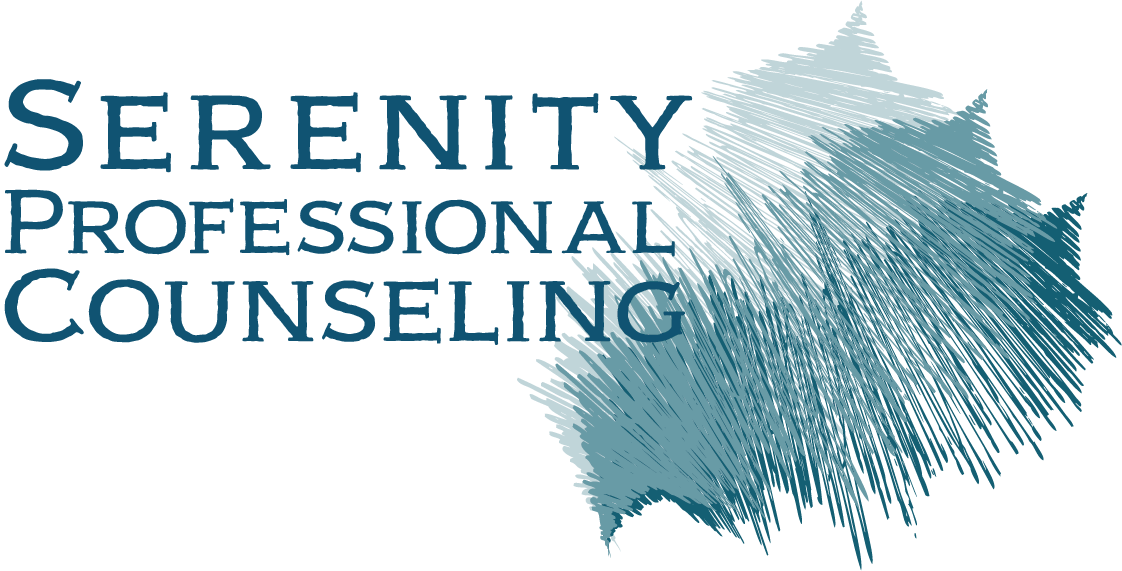A Non-Profit’s Literature Review of Psychedelic Therapies

Today, we’re diving into the fascinating world of psychedelic-assisted therapy. Imagine a place where your feelings of anxiety, depression, and existential distress could be tackled with a little help from Mother Nature’s most colorful creations. A recent review by a nonprofit organization has taken a deep dive into the potential of psychedelic therapy, and spoiler alert: the results are pretty intriguing!
What Are Psychedelics Anyway?
Before we get into the nitty-gritty, let’s clear up what we mean by “psychedelics.” These are substances that can change your perception, mood, and thought processes. Think of them as your brain’s rollercoaster ride! Some popular ones include psilocybin (found in magic mushrooms), MDMA (the party favorite, also known as ecstasy), and LSD. While they’re often associated with wild trips and groovy music, researchers are increasingly interested in their therapeutic potential.
The Review: What Did the Nonprofit Find?
This nonprofit reviewed tons of research—like, enough studies to fill a small library—on the use of psychedelics in treating anxiety, depression, and existential distress (that’s a fancy way of saying “why am I here?”). They wanted to see if these substances could be the key to unlocking better mental health.
Key Findings
Anxiety and Depression: The review found that psychedelics could significantly reduce symptoms of anxiety and depression, especially in people facing terminal illness. Imagine sitting down for a therapy session where, instead of just talking about your feelings, you’re guided through a psychedelic experience that helps you confront and process deep-rooted emotions. Sounds wild, right?
Existential Distress: This is where things get really interesting. Many studies showed that psychedelics can help individuals grapple with big questions about life and death. Patients reported feeling a greater sense of peace and acceptance regarding their conditions. It’s like finding the cheat code for dealing with life’s biggest mysteries!
Therapeutic Context Matters: The researchers emphasized that the setting in which these substances are taken matters a lot. It’s not just about popping a pill and having a good time. The therapy should be conducted in a supportive environment, often with trained professionals guiding the experience. So, no backyard trips without a trusted buddy, okay?
The Science Behind the Magic
So, how do these magical substances work their wonders? Great question! When you take psychedelics, they alter the way your brain communicates. It’s like your brain suddenly decides to hold a spontaneous dance party. Neural pathways that are usually stuck in the same old groove start connecting in new ways. This can help break the cycle of negative thoughts and feelings that often accompany anxiety and depression.
Additionally, psychedelics can promote a sense of unity and connection to the world, which can be incredibly healing for those struggling with existential distress. It’s like realizing you’re not just a tiny speck in the universe, but part of something much bigger—like a cosmic family reunion!
Risks and Considerations
Now, before you rush out to find some magic mushrooms, let’s talk about the other side of the coin. The review also pointed out that, while the results are promising, psychedelic therapy isn’t without its risks. Some people may have bad trips, or their mental health might not improve. It’s crucial that this therapy is done under the supervision of professionals who can provide support and guidance.
The Future of Psychedelic Therapy
As researchers continue to delve into this exciting field, the potential for psychedelic therapy looks brighter than a disco ball at a 1970s dance party. More studies are needed to fully understand how these substances can be effectively and safely integrated into mental health treatments. The review serves as a stepping stone for future research and hopefully paves the way for more people to benefit from this innovative approach.
Conclusion: A Hopeful Horizon
In conclusion, the research suggests that psychedelic-assisted therapy holds great promise for those struggling with anxiety, depression, and existential distress. While we’re not suggesting you book a one-way ticket to a psychedelic retreat just yet, the findings are encouraging for those curious about alternative therapies.
So, if you or someone you know is grappling with these challenges, keep your eyes peeled! The future of mental health care may just include a splash of color, a sprinkle of magic, and a whole lot of healing. Remember, it’s all about finding the right path that works for you—no psychedelic required!
The original article can be found here: https://www.cochranelibrary.com/cdsr/doi/10.1002/14651858.CD015383.pub2/full
